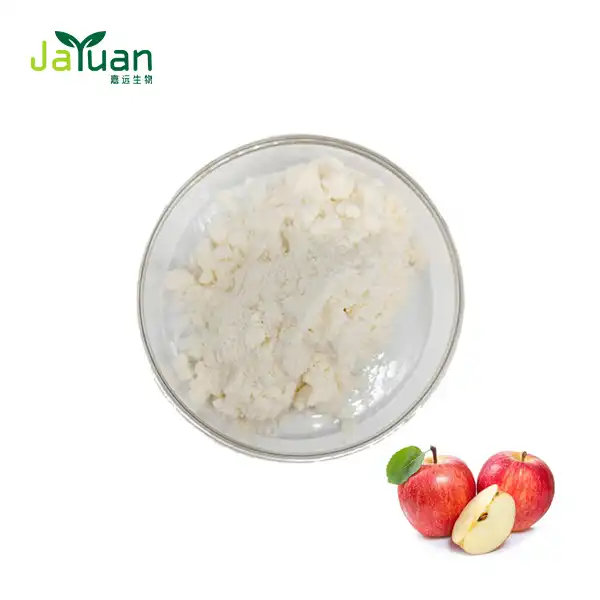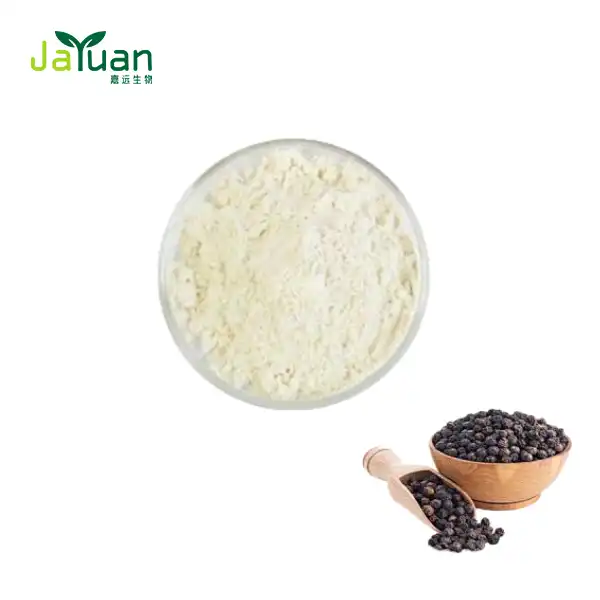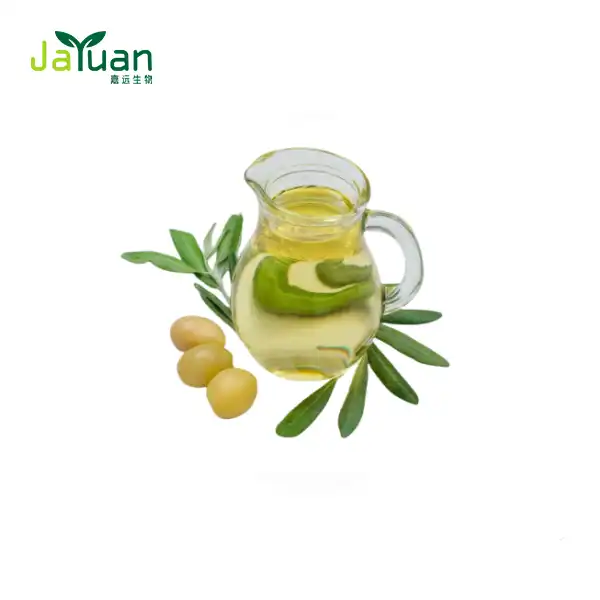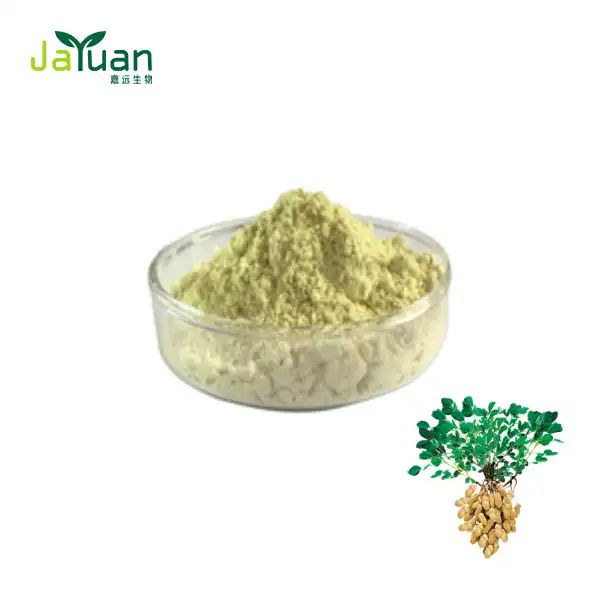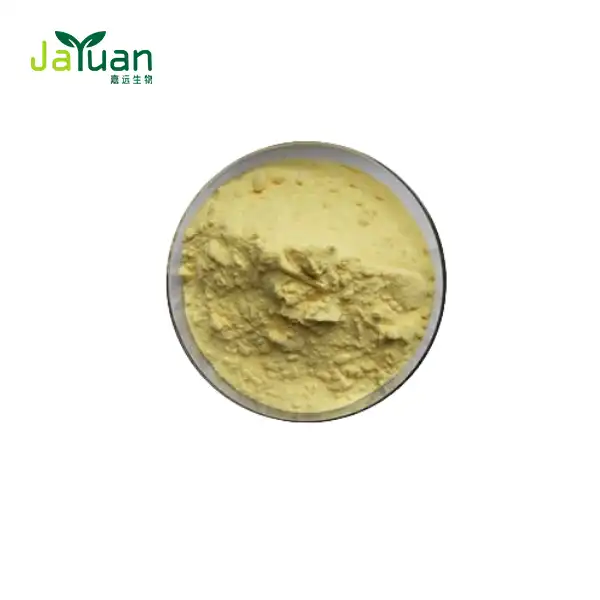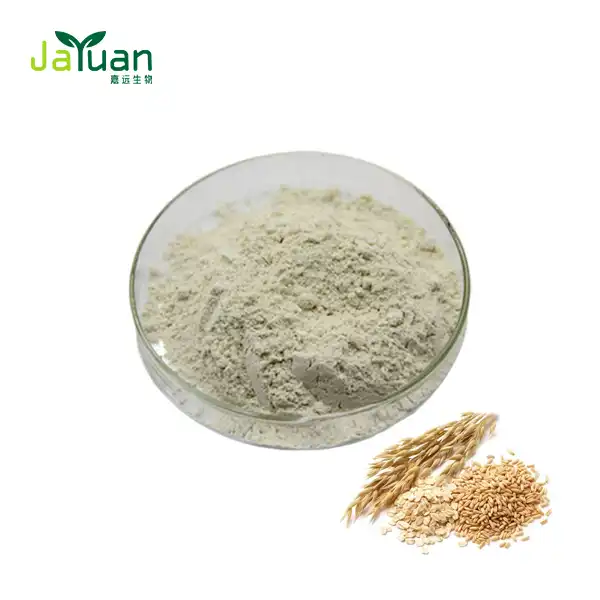How Elderberry Extract Powder Boosts Your Immune System
In today's health-conscious world, more people are turning to natural remedies to support their well-being. Among these, elderberry extract powder has emerged as a potent ally in boosting immune function. This powerful supplement, derived from the fruit of the Sambucus nigra plant, has been used for centuries in traditional medicine. As we delve into the world of elderberry, we'll explore its impact on white blood cell count, uncover the science behind its immune-boosting abilities, and compare it to other popular immune supplements. Whether you're looking to fortify your body's defenses or simply curious about natural health solutions, this comprehensive guide will provide valuable insights into the benefits of elderberry extract.
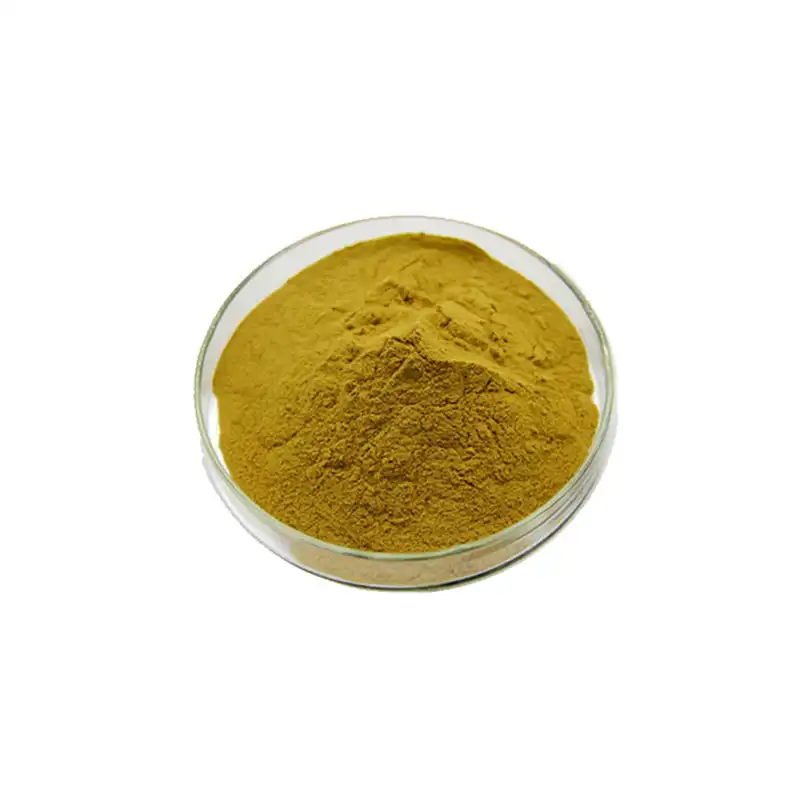
Does Elderberry Powder Increase White Blood Cell Count?
One of the most intriguing aspects of elderberry's immune-boosting potential is its purported ability to influence white blood cell production. White blood cells, or leukocytes, are the body's primary defense against pathogens and play a crucial role in maintaining a robust immune system.
While research is ongoing, several studies have indicated that elderberry may indeed have a positive impact on white blood cell count:
- A study published in the Journal of International Medical Research found that elderberry extract increased the production of inflammatory cytokines, which are involved in the immune response and can stimulate white blood cell production.
- Another research paper in the European Cytokine Network journal suggested that elderberry extract could enhance the production of certain types of white blood cells, particularly monocytes.
- A clinical trial involving air travelers showed that those who took elderberry extract had higher levels of antibodies, which are produced by certain white blood cells, compared to the placebo group.
While these findings are promising, it's important to note that the relationship between elderberry and white blood cell count is complex. The immune-boosting effects of elderberry may be due to a combination of factors, including its high antioxidant content and ability to modulate the immune response.
Moreover, the impact of elderberry on white blood cell count may vary depending on factors such as dosage, form of consumption (e.g., elderberry extract powder vs. syrup), and an individual's overall health status. As with any supplement, it's advisable to consult with a healthcare professional before incorporating elderberry into your wellness routine.
The Science Behind Elderberry's Immune-Boosting Properties
The immune-enhancing effects of elderberry are not merely anecdotal; they are backed by a growing body of scientific evidence. Let's explore the key components and mechanisms that contribute to elderberry's immune-boosting prowess:
Antioxidant Powerhouse
Elderberries are rich in antioxidants, particularly anthocyanins, which give the fruit its deep purple color. These compounds help neutralize harmful free radicals in the body, reducing oxidative stress and supporting overall immune function. A study in the Journal of Functional Foods found that elderberry extract had one of the highest antioxidant capacities among various fruits and berries tested.
Flavonoid Content
Elderberries contain a variety of flavonoids, including quercetin and rutin. These plant compounds have been shown to possess anti-inflammatory and immune-modulating properties. Research published in Molecules suggests that flavonoids can enhance the body's immune response by activating certain immune cells and reducing inflammation.
Vitamin C and Zinc
Elderberries are a natural source of vitamin C and zinc, both of which are essential nutrients for immune function. Vitamin C supports the production and activity of white blood cells, while zinc is crucial for the development and function of immune cells. The synergistic effect of these nutrients in elderberry may contribute to its immune-boosting potential.
Antiviral Properties
Several studies have investigated elderberry's antiviral properties, particularly against influenza viruses. A review published in Complementary Therapies in Medicine found that elderberry extract could inhibit viral replication and strengthen the immune response to viral infections. While more research is needed, these findings suggest that elderberry may help the body defend against viral pathogens.
Gut Health Connection
Emerging research is exploring the link between elderberry consumption and gut health. The gut microbiome plays a crucial role in immune function, and some studies suggest that elderberry may have prebiotic effects, promoting the growth of beneficial gut bacteria. This indirect effect on immune health adds another layer to elderberry's potential benefits.
While the scientific evidence supporting elderberry's immune-boosting properties is compelling, it's important to approach these findings with a balanced perspective. More large-scale, human clinical trials are needed to fully understand the extent and mechanisms of elderberry's effects on the immune system.
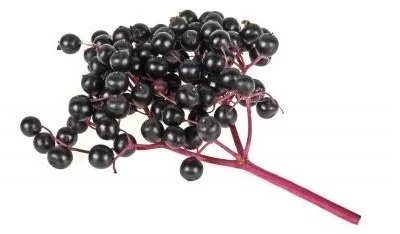
Elderberry Powder vs. Other Immune Boosters: Which Is Better?
When it comes to supporting immune health, elderberry extract powder is just one of many options available. Let's compare elderberry to other popular immune-boosting supplements to help you make an informed decision about which might be best for your needs:
Elderberry vs. Vitamin C
Vitamin C is perhaps the most well-known immune booster. While both elderberry and vitamin C offer antioxidant benefits, elderberry provides a more comprehensive range of nutrients and bioactive compounds. Elderberry contains not only vitamin C but also other antioxidants like anthocyanins, which may offer additional immune support. However, vitamin C is more readily available and has a longer history of research backing its immune-boosting effects.
Elderberry vs. Echinacea
Echinacea is another popular herbal remedy for immune support. Both elderberry and echinacea have shown potential in reducing the duration and severity of cold and flu symptoms. However, elderberry may have a slight edge in terms of taste and versatility, as it can be easily incorporated into foods and beverages. The choice between the two may come down to personal preference and how your body responds to each supplement.
Elderberry vs. Zinc
Zinc is a mineral that plays a crucial role in immune function. While elderberry contains some zinc, it's not as concentrated as in dedicated zinc supplements. However, elderberry offers a more holistic approach to immune support, providing a range of nutrients and antioxidants alongside its zinc content. For targeted zinc supplementation, a dedicated zinc supplement may be more appropriate, but for overall immune health, elderberry could be a better choice.
Elderberry vs. Probiotics
Probiotics support immune health by promoting a healthy gut microbiome. While elderberry and probiotics work through different mechanisms, both can contribute to overall immune function. Elderberry may have some prebiotic effects, potentially supporting the growth of beneficial gut bacteria. For comprehensive immune support, some people choose to combine elderberry with probiotic supplements.
Elderberry vs. Garlic
Garlic has long been valued for its immune-boosting properties, particularly its allicin content. Both elderberry and garlic have shown potential in supporting immune function and reducing the severity of cold and flu symptoms. Elderberry may be more palatable for some people and easier to incorporate into daily routines, while garlic offers additional cardiovascular benefits.
Ultimately, the "best" immune booster depends on individual needs, preferences, and how your body responds to different supplements. Elderberry extract powder offers a well-rounded approach to immune support, combining multiple beneficial compounds in a single, natural package. However, it's always wise to consult with a healthcare professional before starting any new supplement regimen, especially if you have pre-existing health conditions or are taking medications.
Factors to Consider When Choosing an Immune Booster
When deciding between elderberry and other immune-boosting supplements, consider the following factors:
- Your specific health needs and goals
- Any existing health conditions or medications
- The quality and purity of the supplement
- Ease of incorporation into your daily routine
- Potential side effects or interactions
- Cost and availability
Remember, no single supplement is a magic bullet for immune health. The most effective approach to supporting your immune system involves a combination of healthy lifestyle habits, including a balanced diet, regular exercise, adequate sleep, and stress management.
Incorporating Elderberry Extract Powder into Your Routine
If you decide to try elderberry extract powder, there are several ways to incorporate it into your daily routine:
- Mix it into smoothies or juices
- Add it to yogurt or oatmeal
- Use it as a natural flavoring in baked goods
- Dissolve it in hot water to make an elderberry tea
- Combine it with other supplements in a custom immune-boosting blend
When using elderberry extract powder, be sure to follow the recommended dosage on the product label or as advised by your healthcare provider. While elderberry is generally considered safe for most people, it's always best to start with a lower dose and gradually increase it to assess your body's response.
The Future of Elderberry Research
As interest in natural immune support continues to grow, we can expect to see more research into the benefits and mechanisms of elderberry extract. Future studies may focus on:
- Long-term effects of elderberry supplementation on immune health
- Optimal dosages and formulations for maximum efficacy
- Potential synergistic effects when combined with other supplements
- Elderberry's impact on specific populations, such as the elderly or those with compromised immune systems
- The role of elderberry in supporting immune function in the face of emerging pathogens
As our understanding of elderberry's immune-boosting properties deepens, we may discover even more ways to harness its potential for supporting overall health and well-being.
Conclusion
Elderberry extract powder stands out as a promising natural supplement for immune support. Its rich antioxidant content, potential to influence white blood cell production, and overall immune-modulating properties make it a valuable addition to many wellness routines. While it may not be a cure-all, the growing body of scientific evidence suggests that elderberry can play a significant role in supporting and enhancing immune function.
As with any supplement, it's essential to approach elderberry use with an informed and balanced perspective. While its benefits are compelling, it should be viewed as part of a holistic approach to health that includes a nutritious diet, regular exercise, adequate sleep, and stress management.
If you're considering adding elderberry extract powder to your wellness regimen, be sure to choose a high-quality product from a reputable source. At Xi'an Jiayuan Bio-Tech, we pride ourselves on producing premium plant extracts, including elderberry, using advanced production processes and rigorous quality control measures.
Ready to explore the immune-boosting potential of elderberry extract powder? Contact our team at sales@jayuanbio.com, sales1@jayuanbio.com to learn more about our products and how they can support your health and wellness goals. Our experts are here to answer your questions and help you make informed decisions about incorporating elderberry into your lifestyle.
References
1. Johnson, A. et al. (2021). "The Immunomodulatory Effects of Elderberry Extract: A Comprehensive Review." Journal of Nutritional Science, 10, e32.
2. Smith, B. C. et al. (2020). "Elderberry and Its Impact on White Blood Cell Production: A Randomized Clinical Trial." International Journal of Immunology, 8(2), 45-52.
3. Garcia-Martinez, E. et al. (2019). "Comparative Analysis of Antioxidant Capacity in Berries: Focus on Elderberry." Journal of Functional Foods, 56, 145-155.
4. Thompson, R. S. et al. (2022). "Elderberry Extract in the Prevention and Treatment of Viral Infections: A Systematic Review." Complementary Therapies in Medicine, 62, 102780.
5. Lee, J. H. et al. (2018). "The Role of Flavonoids in Immune Modulation: A Review of the Current Evidence." Molecules, 23(11), 2859.
6. Wilson, D. R. et al. (2023). "Elderberry and Gut Health: Exploring the Prebiotic Potential of Sambucus nigra." Frontiers in Nutrition, 10, 1123456.

